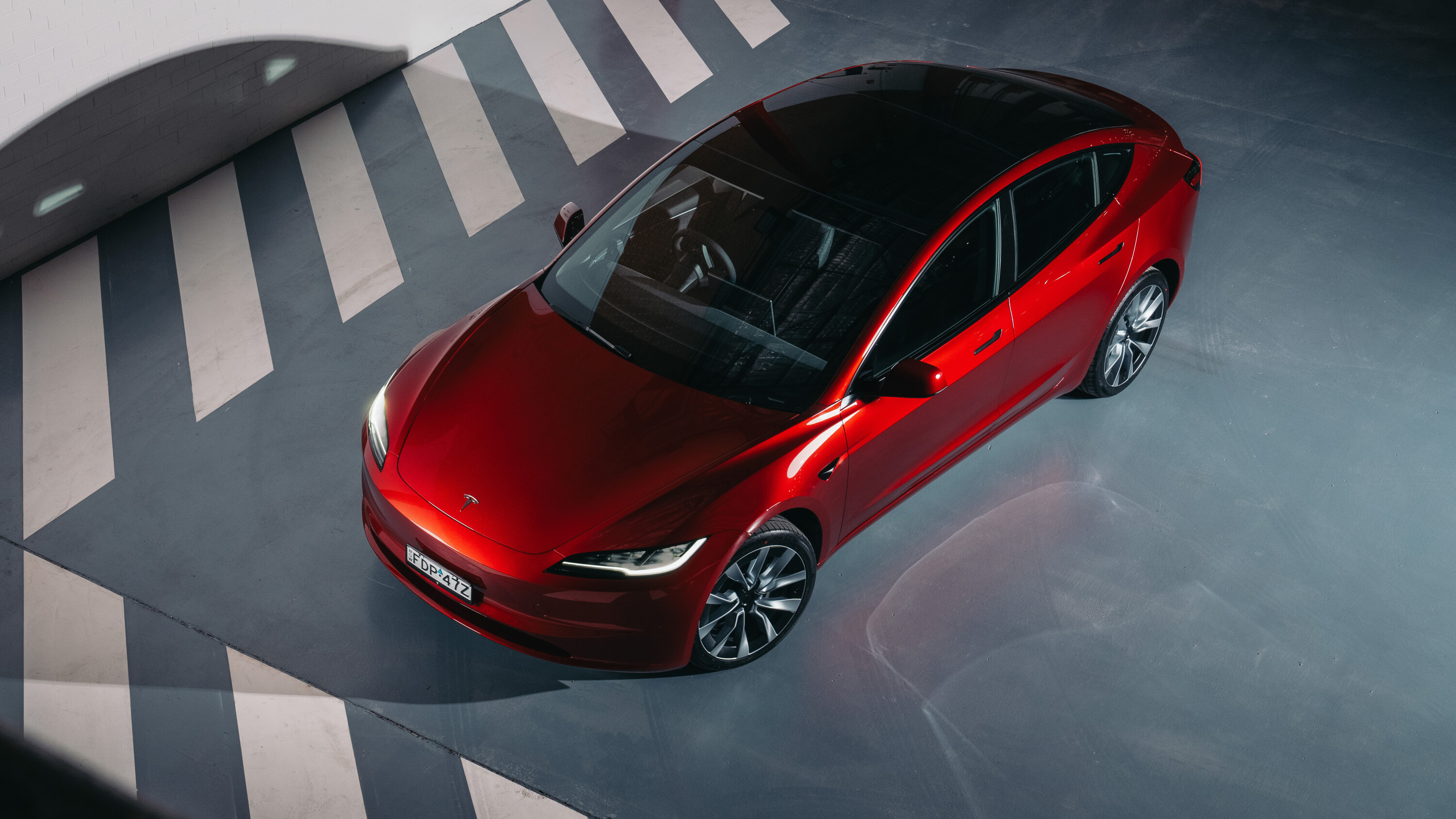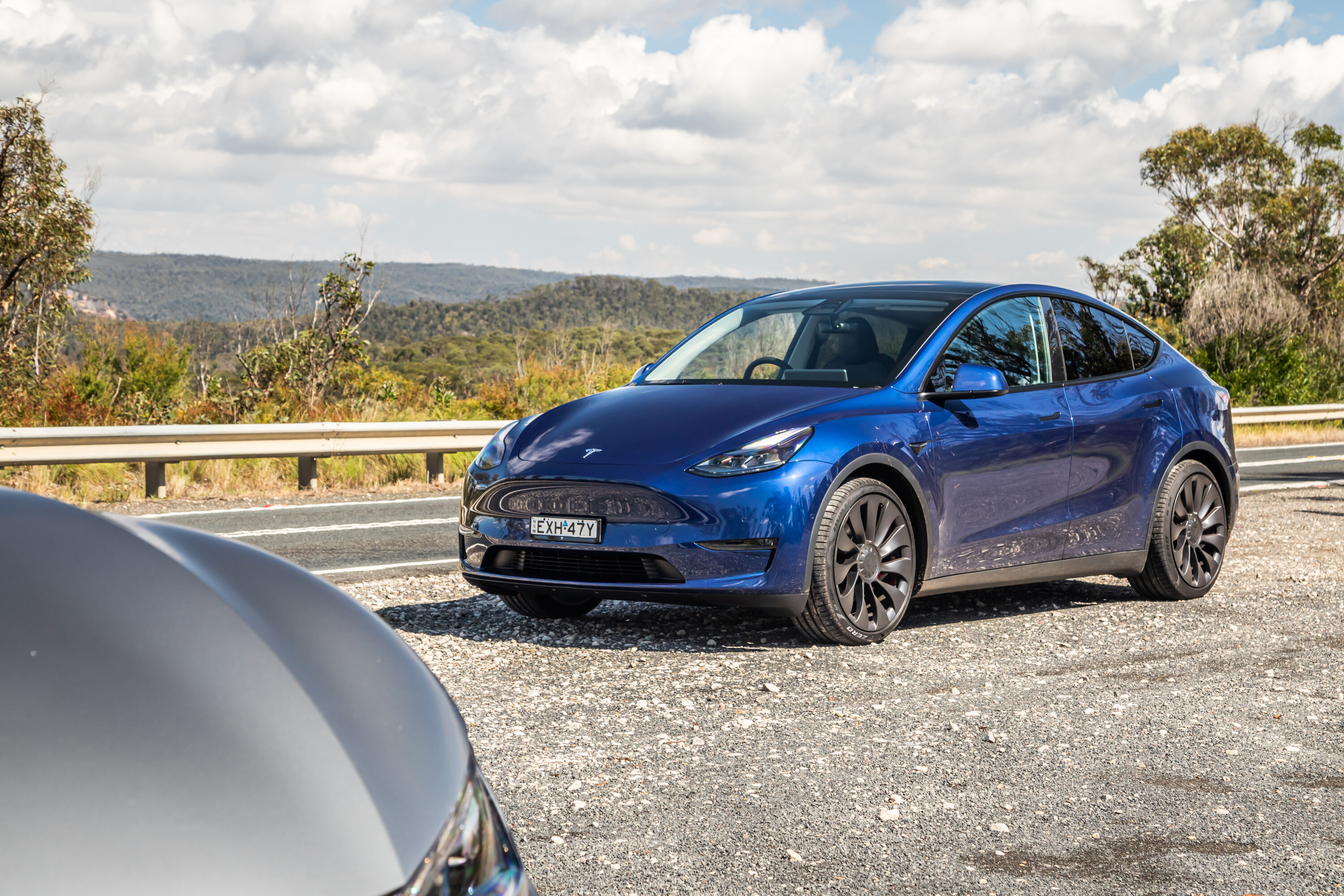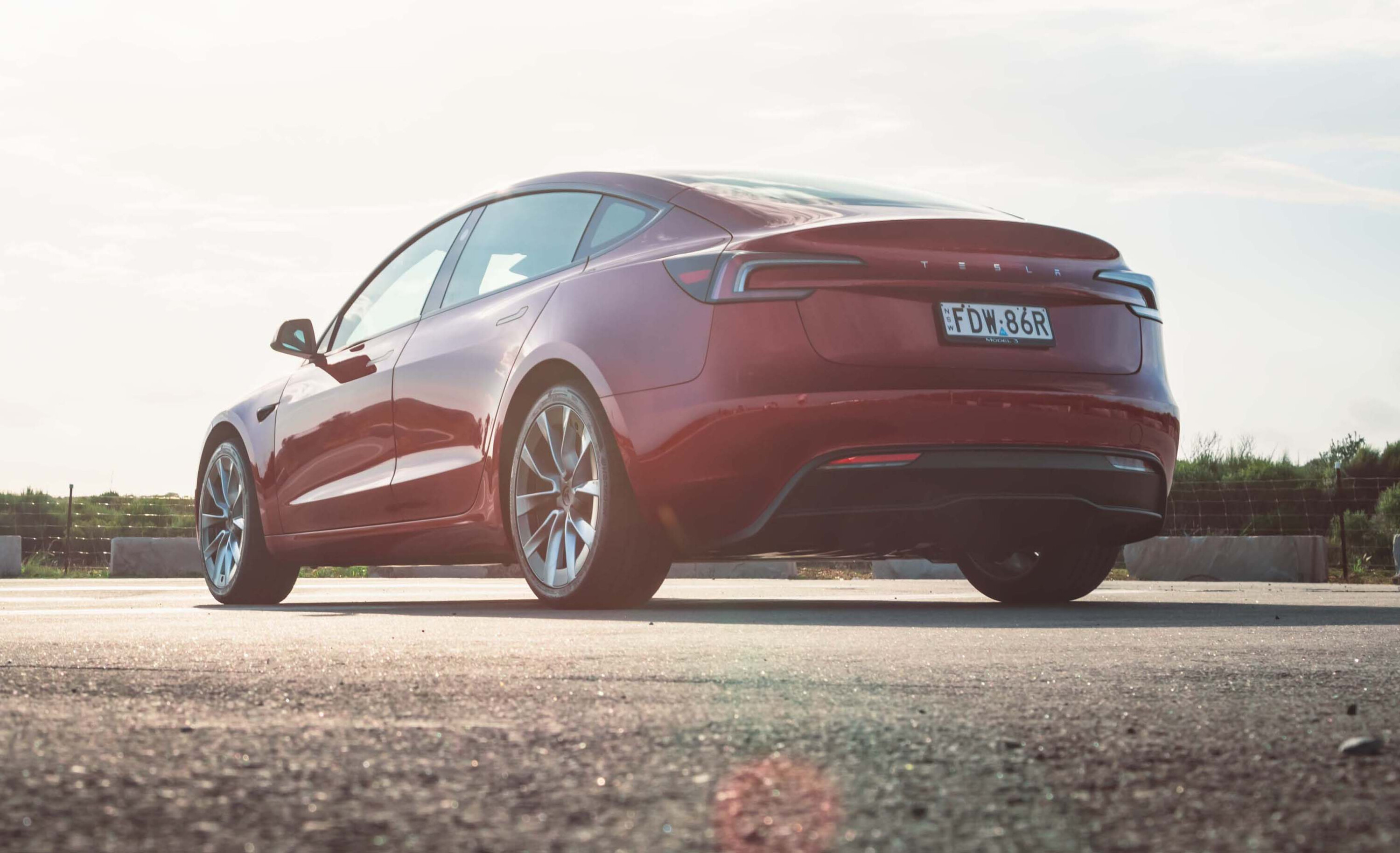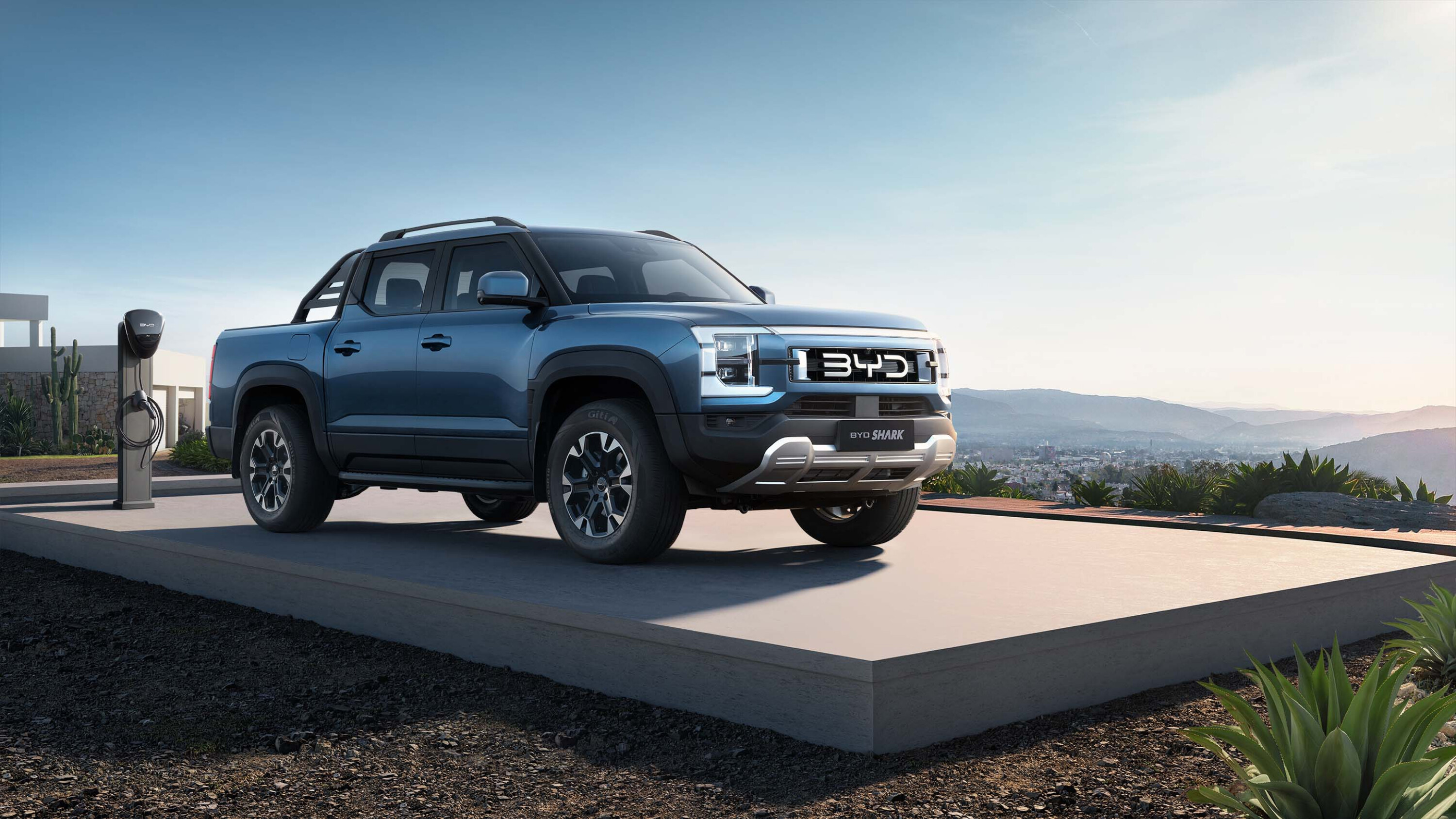Australia’s biggest seller of electric cars, Tesla, has quit the nation’s car lobby and accused it of misleading consumers over claims car prices would rise once new efficiency standards are introduced.
In a strongly worded letter to the Federal Chamber of Automotive Industries (FCAI) on Thursday, Tesla voiced “serious concerns about false and misleading public comments” made by the lobby group over the impact that the New Vehicle Efficiency Standard (NVES) could have on car prices.
“Over the last three weeks, Tesla considers that the FCAI has repeatedly made claims that are demonstrably false,” said the letter. “Tesla is concerned that the FCAI has engaged in behaviours that are likely to mislead or deceive Australian consumers.”
Wheels understands that fellow EV-only brand, Polestar, will follow Tesla’s lead and also quit the FCAI.

Tesla has called on the FCAI to “issue timely public corrections to these false claims” and to “cease the public dissemination of misleading or deceptive information regarding the potential impact of the NVES”.
Tesla has confirmed it will sever ties with the FCAI at the end of the 2023/24 financial year but said it would continue to report its monthly sales figures through VFACTS reports until July.
Tesla also used its letter to refer the FCAI to the Australian Competition and Consumer Commission, saying “…the FCAI should be careful not to facilitate coordination among competitor companies about how they change prices or supply in response to regulations.”
Australia is one of the last countries in the developed world to introduce a vehicle efficiency standard, with the new policy set to come into effect from January 1 2025. The new standard, which will apply only to new cars, provides emissions targets that car makers must meet across their vehicle fleets. Over time this C02 target will be lowered, forcing companies to provide more efficient cars.
Earlier this year, the Electric Vehicle Council (EVC) accused the FCAI of lobbying against the NVES by claiming the new standard would increase the price of some popular vehicles by up to $6000-$25,000.
In today’s letter, Tesla cited several examples of the FCAI quoting or supplying misleading information to media outlets on how the NVES would impact car prices.
It also took issue with a graph allegedly supplied by the FCAI that the NVES would significantly decrease the price of key Tesla Models.
“According to these graphics sourced from and attributed to FCAI, next year the Tesla Model 3 will be $15,940 and the Model Y $15,390 under proposed new vehicle efficiency standards. This is simply untrue”.

Tesla also accused the FCAI of “cherry-picking the most polluting variants” from a car maker’s lineup when running its modelling and of misrepresenting how the new emissions standard would work.
“FCAI’s claims appear to be based on a simplistic and false calculation,” said Tesla in its letter.
The FCAI has released an official statement in reply to Tesla’s letter, saying it continues to support the NVES but that it “must act in the interests of the Australian automotive industry and Australian car buyers.”
“FCAI and its members represent more than 50 brands and over 350 vehicle models from battery electric vehicles, plug-in hybrid and hybrids to petrol and diesel drivetrains. Of those vehicle models, just two are Teslas.
“For more than 10 years we have been calling for an ambitious new vehicle efficiency standard that is right for Australia. It needs to reduce emissions while ensuring low and no-emission vehicles are accessible and affordable to all Australians.
“FCAI cannot support a standard that in the short-term might meet the needs and pockets of those at the premium end of the market while potentially hurting businesses and families who may be forced to deal with less choice and higher prices next time they buy a new car.”






